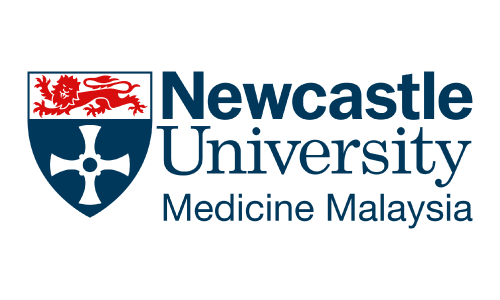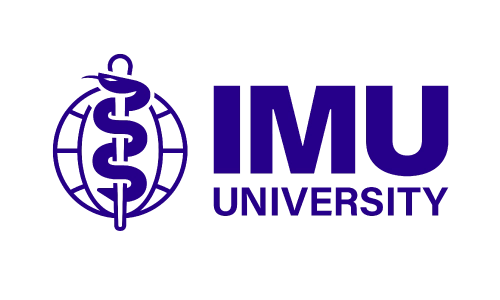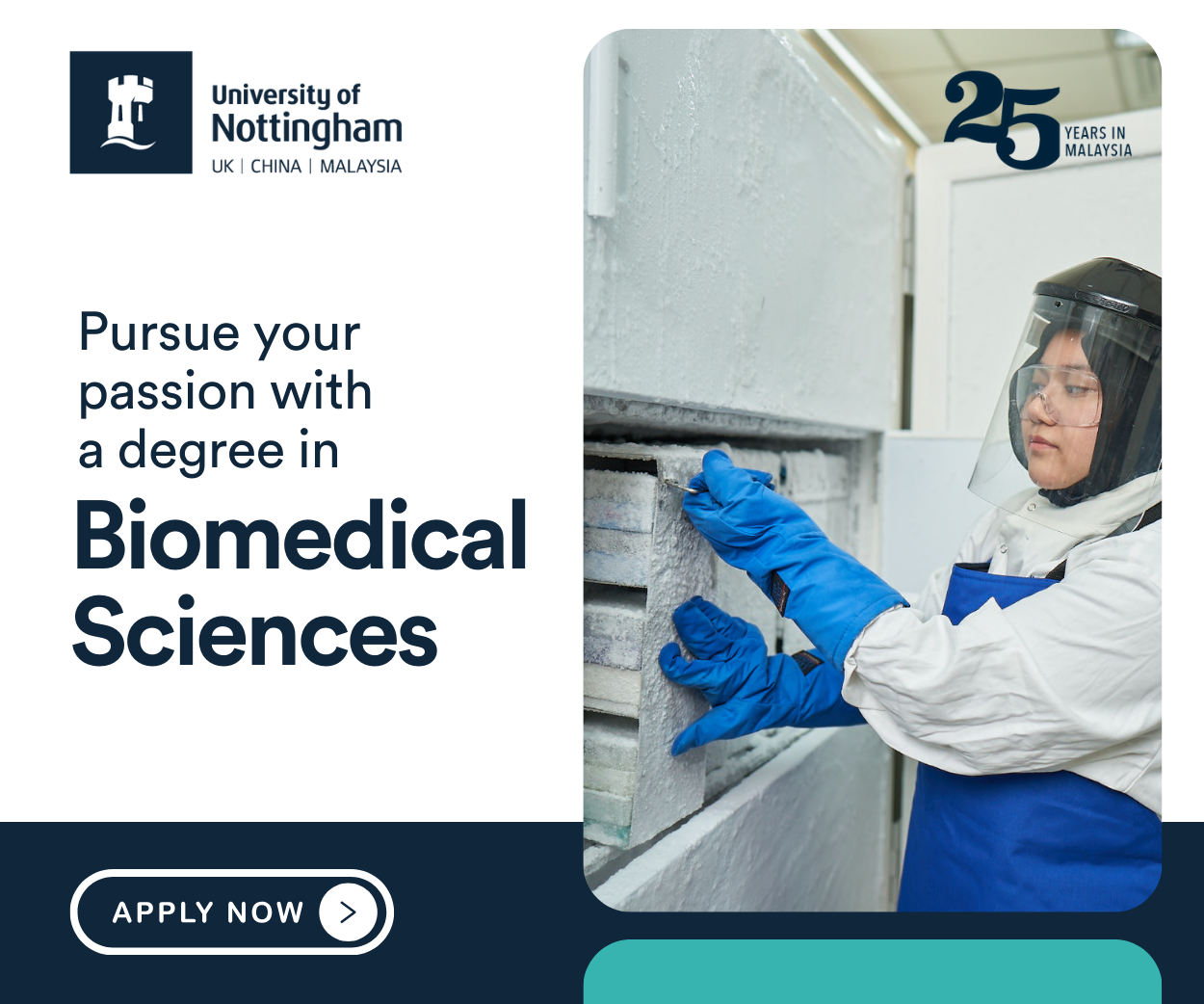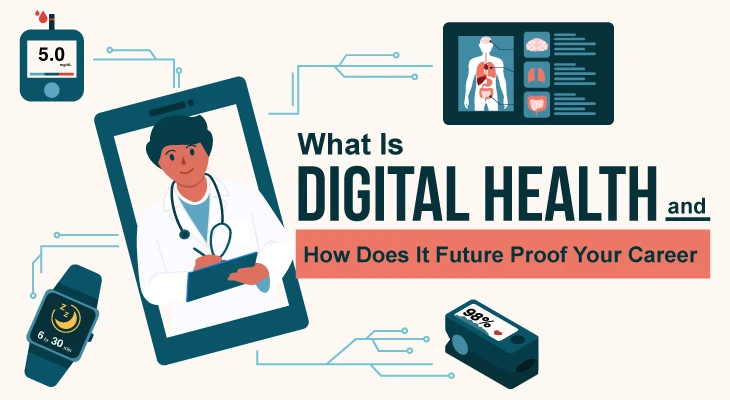The Complete Guide to Studying Bioscience in Malaysia
Biochemistry or biomedical science? Explore both with the bioscience course. Explore the programme and learn more about its entry requirements and many specialisations.
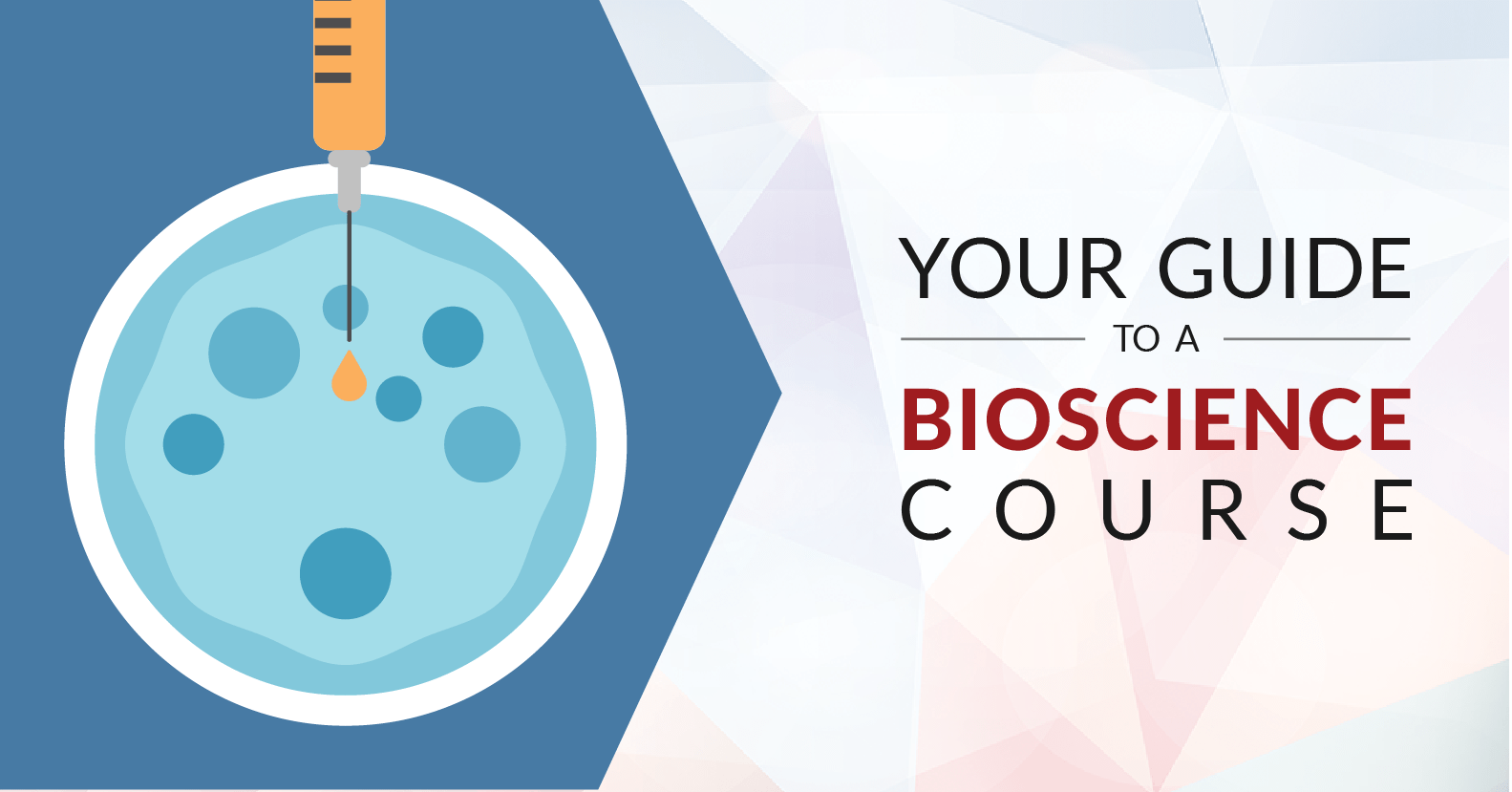
Did you know that there are more than 10 trillion cells in your body, all working day and night carrying out hundreds of processes to keep you functioning?
You may know a little bit about the cell membrane, nucleus, cytoplasm, mitochondria, lysosomes, and maybe even processes like mitosis and meiosis, but delve further and you will discover a microscopic world bigger than you’ve ever imagined.
From the Greek word βίος, which means ‘life’, Bioscience will captivate those who have a fascination for our world of living organisms.
This guide will help you understand the differences between the various Bioscience fields, such as Biomedical Science, Biotechnology and Biochemistry, as well as the top Bioscience universities and job prospects for graduates.

University of Nottingham Malaysia
Biomedical Sciences BSc (Hons)
✓Ranked #28 in the UK for Biological Sciences in the Subject League Table 2025, The Complete University Guide
#1. The Basics of Bioscience
a) What Is Bioscience?
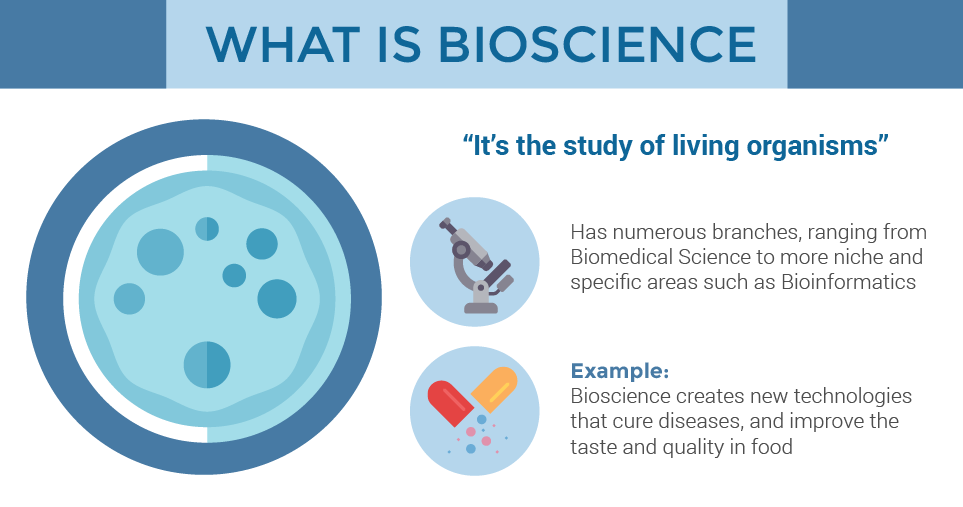
Bioscience is the study of living organisms, from the largest mammals and plants to the tiniest cells and microorganisms.
Bioscience has numerous branches, ranging from the popular Biomedical Science and Biotechnology to more niche and specific areas such as Bioinformatics and Microbiology. The one thing that they all have in common is that they involve the study of ‘life’, hence the term ‘bio’.
New technologies that cure diseases, the transformation and cleanup of hazardous waste, or the improvement of taste and quality in food (think seedless grapes) are all practical examples related to the field of Bioscience.

b) What Are the Various Fields of Bioscience?
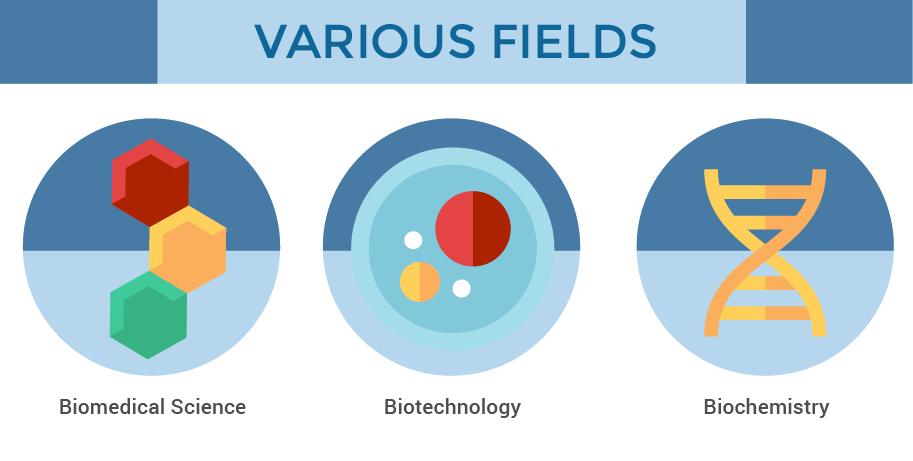
With so many various forms of life in the natural world, it is no wonder that Bioscience has a number of fields. Each field serves its own purpose to help improve the world’s ecosystems.
Here are a few popular fields in Bioscience.
| Field | What It Is All About |
|---|---|
| Biomedical Science | The study of the human body and its function in health and disease. Biomedical science applies biology-based science to medical use (e.g. developing a new drug to cure a disease). |
| Biotechnology | The use of living systems and organisms in technology to develop new products and technology (e.g. creating biodegradable plastics, using microorganisms to clean up waste). |
| Biochemistry | The study of chemical processes in living organisms (e.g. how proteins and enzymes function in living cells, how cells deal with DNA damage). |
More specific fields in the realm of Bioscience include: microbiology (study of microorganisms), bioinformatics (analysis of complex biological data, such as genetic codes), biophysics (application of physics to study biological systems) and food science (study of biological, physical and chemical makeup of food).
While some universities may offer these specific Bioscience fields as an undergraduate degree, others may offer these as elective subjects as part of a broader Bioscience Degree.
DID YOU KNOW
There is a clear difference between Biomedical Science and Biomedical Engineering. Biomedical Science focuses on the study and understanding of biology and human health, while Biomedical Engineering provides the solutions related to human health. Biomedical scientists may work on clinical drug trials and test medication, while biomedical engineers may build and innovate prosthetic limbs.
#2. Studying a Bioscience Course
a) Entry Requirements & Qualifications
In order to pursue a course in Bioscience, you will need to meet the entry requirements set by the universities.
(i) Diploma in Bioscience
To pursue a Diploma in Bioscience, you will generally need:
- SPM / O-Level: Minimum 3 credits, including Mathematics and one Science subject
A Diploma in Bioscience is typically 2.5 years long, covering the foundation of Bioscience.
Upon completing your Diploma, you can either choose to start working, or continue on with a Bioscience Degree, entering Year 2 of a Degree.

(ii) Degree in Bioscience
To pursue a Bioscience Degree, you will need to have completed SPM or equivalent, AND completed a Pre-University or a Foundation course.
In general, the requirements that you must have for Pre-University or Foundation level are:
- A-Level: Minimum 2Ds, including Chemistry, Biology and Physics / Mathematics
- STPM: Minimum 2Cs, including Chemistry, Biology and Physics / Mathematics
- Foundation in Science: Minimum CGPA of 2.50
- Asasi or Matrikulasi: Minimum CGPA of 2.33 in two subjects including Biology, Chemistry and Physics/Mathematics
- Diploma: Minimum CGPA of 2.75
In addition, you might also need 3 credits from SPM including Mathematics and one Science subject.
For Bioscience Degrees, the required subjects are usually Biology and Chemistry, so make sure you immerse yourself in them during your Pre-University and Foundation years.
A Degree in Bioscience is usually 3 - 4 years long, depending on your field of study.
b) How Does Your Education Pathway Look Like?
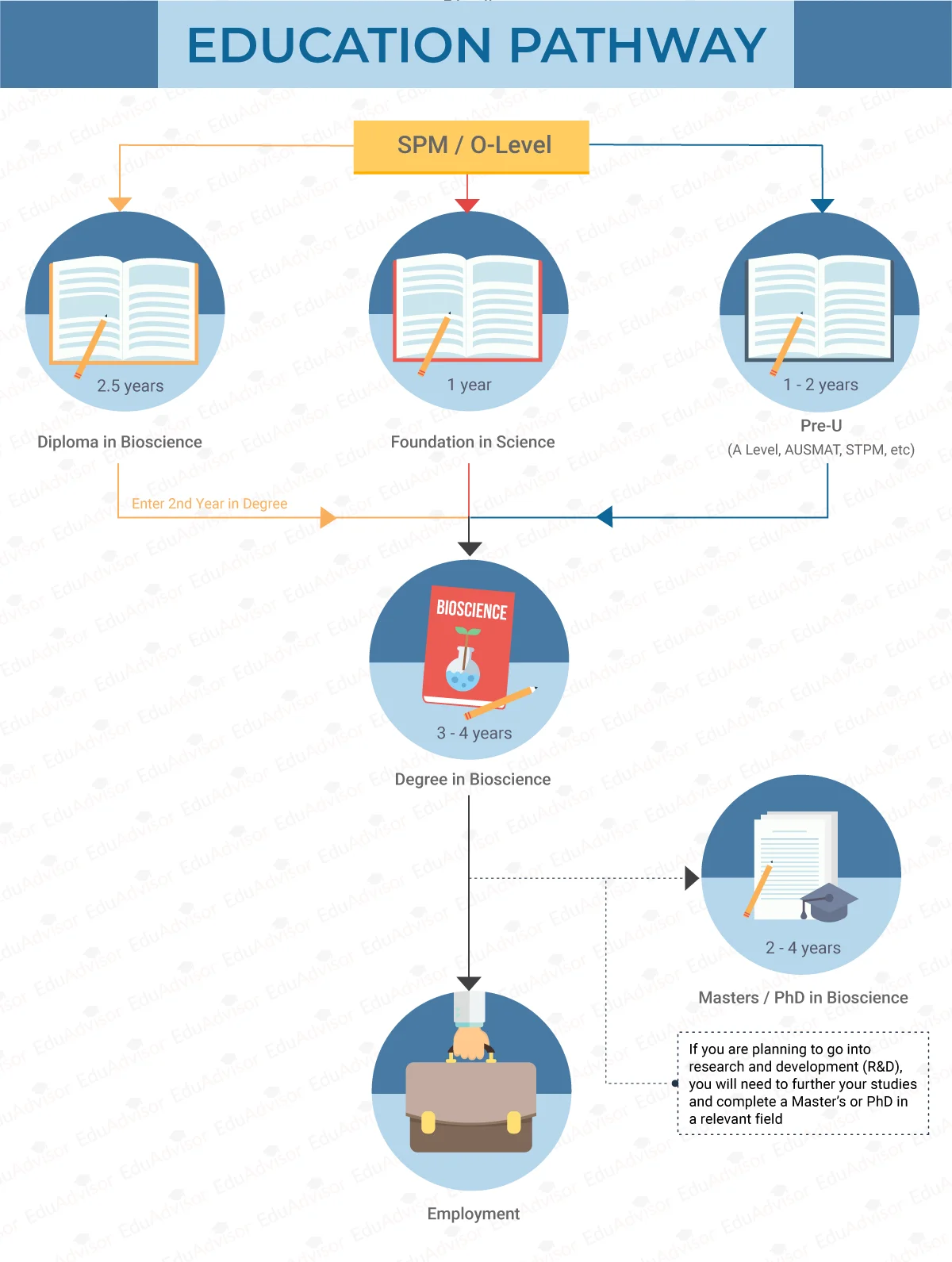
After completing your SPM or an equivalent qualification, you can choose to take either a Pre-University course (e.g. A-Level, STPM, Matrikulasi, etc.) or a Foundation in Science. You may also opt to do a Diploma in Bioscience.
Completing one of those courses will allow you to progress to a Bioscience Degree.
PRO TIP
If you are planning to go into research and development (R&D), a Degree in Bioscience may not be sufficient. You will likely need to further your studies and complete a Master’s or PhD in a relevant field.
c) How Much Does It Cost To Study Bioscience in Malaysia?
A Diploma in Bioscience can cost from RM14,100 – RM24,000. Meanwhile, the estimated cost to pursue a Bioscience Degree is between RM38,100 – RM146,900.
d) What Will You Study in Bioscience?
Generally, you will study the foundation of biology and chemistry, in addition to specific subjects that are within your chosen Bioscience discipline.
Here are some of the subjects that you may study as part of your Bioscience Degree.
| Field | Subjects |
|---|---|
| Biomedical Science |
|
| Biotechnology |
|
| Biochemistry |
|
Most Bioscience students will also spend a significant amount of time in the laboratory, gaining experience in lab management, as well as research methodology and scientific report writing.
#3. Why Should You Study Bioscience?
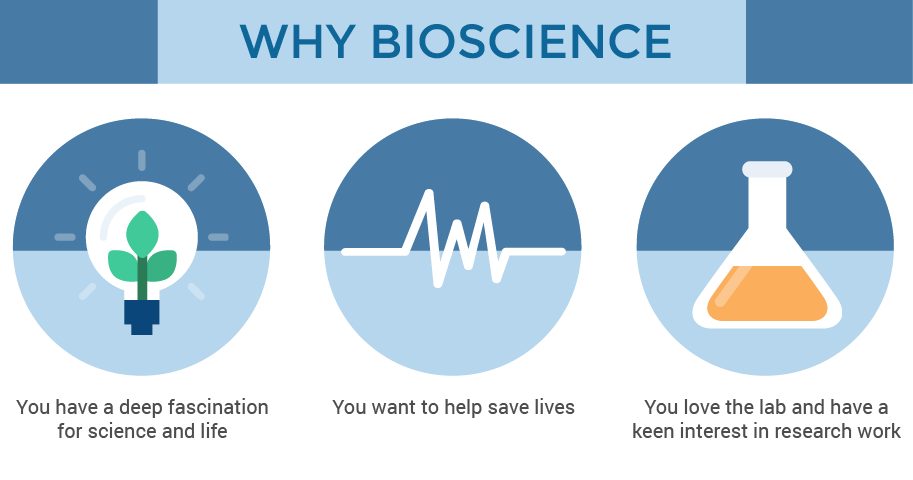
Whether it’s because of your endless curiosity for the microscopic world, or because you have every intention to make the world a better place, here are some reasons why Bioscience might be the right choice for you.
(a) You have a deep fascination for science and life
The complexities of life do not scare you – at least, not on a cellular or molecular level. You have an insatiable curiosity for biology, chemistry and life, and you want to spend your undergraduate years exploring this further.
Taking a Bioscience course will allow you to gain deeper, scientific knowledge to take on global challenges, be it in agriculture, biofuel, manufacturing, healthcare or even fashion!

University of Nottingham Malaysia
Biomedical Sciences BSc (Hons)
✓Ranked #28 in the UK for Biological Sciences in the Subject League Table 2025, The Complete University Guide
(b) You want to help save lives
Your foray into Bioscience will allow you to be at the forefront of new innovations for the betterment of mankind, whether it’s developing a new rice strain to combat malnutrition (biotechnology), reducing diabetes-related blindness via a new drug (biomedical science) or understanding the chemistry behind why life can’t happen without water (biochemistry).
You may not be a medical doctor, but you can still work to indirectly save lives through the various fields of Bioscience.
(c) You love the lab and have a keen interest in research work
Do you enjoy spending lots of time tinkering in the laboratory and getting your elbows deep in data? Feel a tingle down your spine when you experience the beauty of a well-designed experiment? And even if your tests fail spectacularly, you soldier on, determined to figure out what went wrong and how you can fix it.
While some may find this tedious and downright repetitive, it doesn’t bother you one bit. In fact, you're quite happy to develop your skills to deliver groundbreaking research.
PRO TIP
Most research and development (R&D) work, which is where scientific breakthroughs typically happen, will require you to have a Master’s or PhD qualification. If this is your ambition, make sure you take into account the extra education that you’ll need.

#4. What Skills Do You Need for a Bioscience Course?
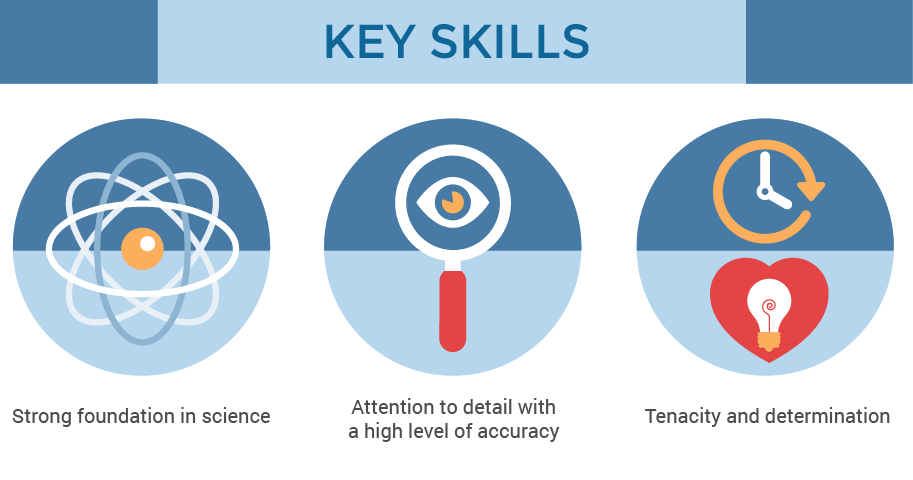
In order to succeed and do well in a Bioscience course, here are some of the key qualities and skills that you need to develop.
(a) Strong foundation in science
Having an aptitude for science is the cornerstone of success for every Bioscience student.
Aside from Biology, you will need to be proficient in Chemistry, as well as Physics. A course in Bioscience will allow you to explore a variety of essential topics related to life sciences, from anatomy and cell biology to microbiology and genetics. In addition, you will find yourself gaining skills in research methodology as well as laboratory management.
You don’t have to be a genius in science, but having a solid science foundation will put you in good stead.
(b) Attention to detail with a high level of accuracy
From examining samples under a microscope to preparing lab reports, you will be training your eye for detail as part of your Bioscience course. Having a high level of accuracy when performing experiments and recording results is crucial, as the smallest change or error can significantly impact your experiment.
Developing this skill will be advantageous to your career as well. For instance, if you are working as a biomedical scientist, you will be testing and analysing medical samples to help doctors diagnose, monitor and treat diseases. A patient’s life is in your care, so being precise is of utmost importance.
(c) Tenacity and determination
Experiments and research can take time, sometimes requiring you to do repetitive tests over a long period. Tests can work and fail for no obvious reason, and cells can get infected with fungi, destroying weeks of work.
You will need to have the patience, tenacity and perseverance to remain dedicated to your work, and gradually work your way through the problems. In fact, this quality will continue to remain relevant throughout your life, especially if you pursue a career as a scientist and run your own research programmes.
#5. What Career Options Do You Have with a Bioscience Degree?
Completing a Bioscience Degree will prepare you for a career in various sectors, including healthcare, pharmaceuticals and food and beverage.
A Degree in Bioscience will give you a good grasp of the field, leading you to eventual specialisations to perform impactful research and solve emerging problems.
Here are some career options that you have as a Bioscience graduate.
| Field | Careers |
|---|---|
| Biomedical Science |
|
| Biotechnology |
|
| Biochemistry |
|
If you decide that research is not a right fit for you, there are also many other science-related jobs outside the world of research, where your scientific training can be put to good use.
Example of such careers include:
- Health & Safety Officer
- Lecturer
- Medical Information Officer
- Biomanufacturing Quality Officer
- Science Journalist
- Pharmaceutical / Medical Sales Representative
#6. Where Can You Study Bioscience in Malaysia?
Here are some of the most popular universities for Bioscience in Malaysia.
University of Nottingham Malaysia
Semenyih, Selangor
Biomedical Sciences BSc (Hons)
Intake
Sep
Tuition Fees
RM160,500
Get RM300 Rebate when you enrol through EduAdvisor! T&C apply.

